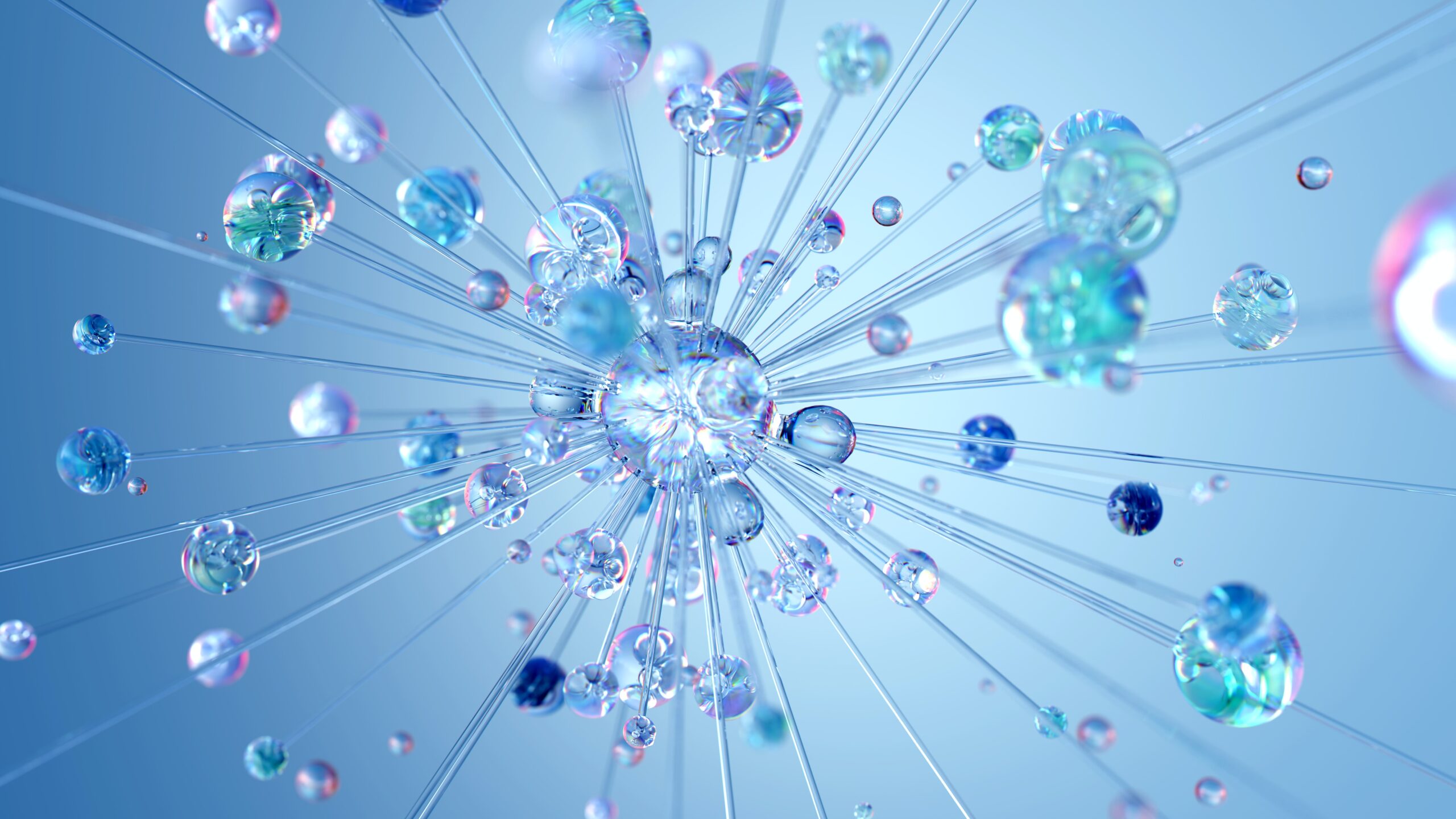This site intends to explore the connections between technology and magic in ways that I hope evoke a spirit akin to Jungian thought. I want to go beyond simple comparisons and delve into how we spiritually experience technology as its creators and users.
However, I feel like the discussion starts with looking at the similarities between technology and our ideas of magic.
These are some examples of how “magic,” whether you think it has any basis in truth or is just superstition, algins with technology.
Power over natural forces: Humans can control and manipulate natural forces, such as using electricity to power equipment or harnessing the wind for energy, through the use of both magic and technology.
Transcending limitations: Technology, like magic, enables people to get over physical constraints. For instance, we can travel long distances quickly thanks to transportation technology, and we can interact instantly with people anywhere in the world thanks to communication technology.
Transformative impact: Both magic and technology have transformative effects on societies, economies, and cultures. Much like people formerly believed magic had the ability to alter reality, technologies like the printing press, the Internet, and cellphones have profoundly changed how we live.
Mysterious and arcane knowledge: In the past, people who practiced magic were thought to have access to secret information that allowed them to accomplish extraordinary deeds. Similarly, to people who are unfamiliar with its complexities, technology might appear to be a perplexing and obscure field.
Ethical considerations: Technology and magic can both be employed for good or evil, depending on the motivations of people who use them. So, it is crucial to address ethical issues while examining the effects and uses of both magic and technology.
The power of belief: The success of magic frequently depends on the viewers’ and practitioners’ faith. Similar to how people are sometimes in amazement and astonishment when they see what technology is capable of, technology sometimes has an almost mystical aura surrounding it.
The unknown and unpredictable: In the past, magic was frequently related to the unknowable, the enigmatic, and the unpredictable. Similar to how people are continually changing, technology occasionally results in unanticipated results or unintended repercussions.
These topics may have been ones you’ve thought about in the past or they may seem novel to you, but in either case, most reasonable, thinking individuals would probably agree that they make sense.
If you were drawn to this site because you have an interest in paganism or the occult, how do you feel about these comparisons?
Magicians frequently attribute their power to gods, spirits, or other invisible beings, which indicates that they are dependent on other powers. Although we think of technology as a tool, as artificial intelligence and robotics become increasingly integrated into our daily lives, we may start to feel more like we are asking an independent actor to act on our behalf rather than just using a tool. That brings our technology even more in line with what early people would have considered “magic.”

